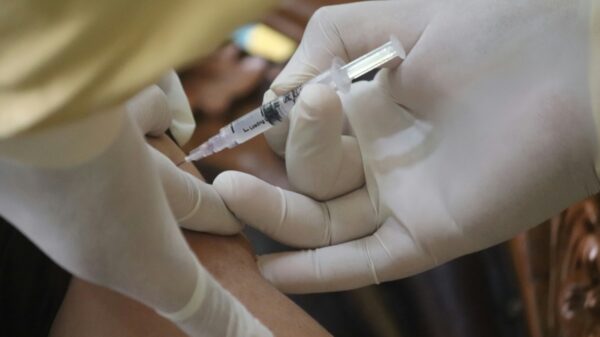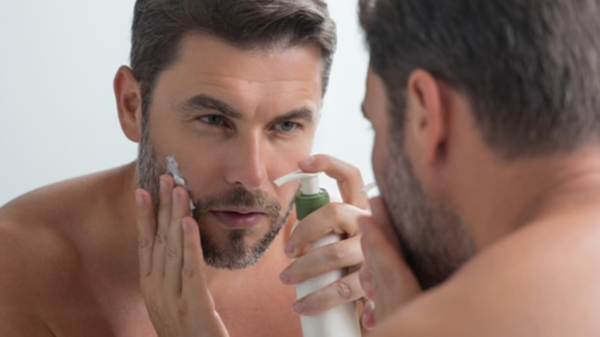The Importance of Sexual Health for Overall Well-Being
Sexual health is an often overlooked yet vital aspect of overall well-being. While discussions around frequently prioritize areas such as cardiovascular fitness, mental health, and diet, sexual health tends to be marginalized. This neglect can have far-reaching impacts on quality of life, emphasizing the need for a more inclusive understanding of what constitutes health and wellness.
Physiologically, maintaining good reproductive health offers numerous benefits. For instance, sexual activity has been linked to improved cardiovascular health. Regular sexual activity can help regulate blood pressure, enhance heart health, and boost the immune system. Additionally, the release of endorphins and other hormones during sexual activity can contribute to better sleep patterns and pain relief.
From a psychological perspective, good sexual health is closely tied to mental well-being. It can reduce stress, alleviate anxiety, and combat depression. Sexual satisfaction and intimacy are essential for emotional connection and can strengthen relationships. These psychological benefits are crucial, as they can foster a sense of self-worth, improve mood, and enhance social functioning.
Despite these advantages, various myths and misconceptions contribute to the neglect of reproductive health. Commonly held beliefs such as the notion that sexual health declines inevitably with age or that it is less important than other health aspects can discourage proactive care. These misconceptions need to be dispelled to encourage a more holistic approach to health.
Therefore, recognizing the importance of sexual health is not merely about addressing a single facet of well-being but about integrating it into a comprehensive view. By doing so, individuals can enjoy enhanced physiological and psychological benefits, ultimately leading to a higher quality of life.
Practical Steps to Future-Proof Your Sexual Health
Ensuring long-term sexual health requires a multi-faceted approach that addresses physical, mental, and emotional well-being. One of the most crucial steps is to schedule regular medical check-ups. Regular screenings for sexually transmitted infections (STIs) are essential, as early detection and treatment can prevent complications and promote overall health. Routine health exams also offer an opportunity to discuss any concerns with your healthcare provider, ensuring that you receive personalized advice and care.
A balanced diet is another cornerstone of maintaining sexual health. Consuming a variety of nutrient-rich foods can enhance your overall well-being, which in turn supports sexual function. Foods high in antioxidants, vitamins, and minerals, such as fruits, vegetables, nuts, and whole grains, can improve blood circulation and hormonal balance. Omega-3 fatty acids, found in fish like salmon and mackerel, are particularly beneficial for cardiovascular, which is closely linked to sexual performance.
Regular exercise is equally important. Physical activity improves blood flow, boosts energy levels, and helps maintain a healthy weight—all of which contribute to a more satisfying sex life. Exercises that focus on cardiovascular health, such as running, swimming, or cycling, are particularly effective. Additionally, strength training and flexibility exercises can enhance physical endurance and reduce the risk of injuries.
Mental health care plays a significant role in sexual well-being. Stress, anxiety, and depression can have a profound impact on sexual desire and performance. Effective stress management techniques, such as mindfulness, meditation, or yoga, can improve mental health and, by extension, reproductive health. Open and honest communication with sexual partners about desires, boundaries, and any concerns can also foster a more fulfilling and stress-free sexual relationship.
Staying informed about sexual health topics is vital for making educated decisions. Reliable sources of information, such as healthcare providers, educational websites, and reputable publications, can provide the latest research and recommendations. Being proactive in learning about sexual health can empower you to take control of your well-being and make informed choices.
By adopting these practical steps—regular medical check-ups, a balanced diet, consistent exercise, mental health care, and continuous education—you can future-proof your reproductive health and enjoy a fulfilling sex life for years to come.




































